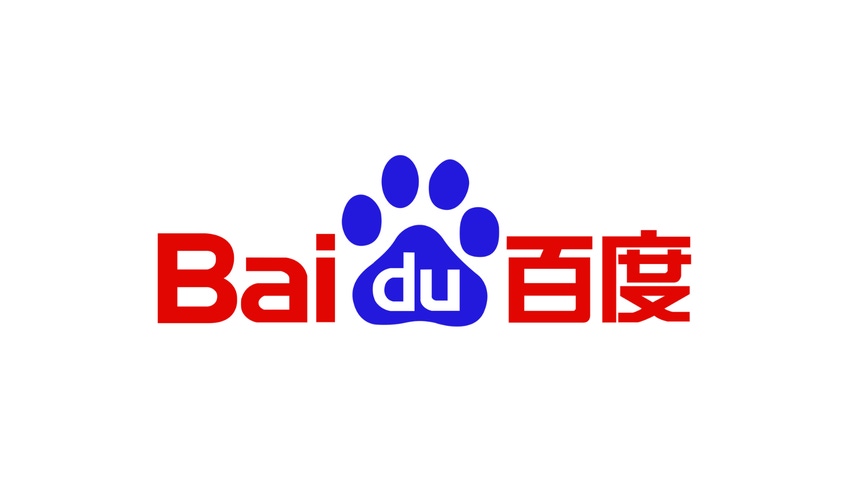Move comes as Bing, which operates in China, looks to add ChatGPT

At a Glance
- China’s largest search engine to launch ChatGPT-style chatbot by March.
- Baidu’s Ernie model will be used as the chatbot��’s foundation.
- Move comes as Bing looks to add ChatGPT. Unlike Google, Bing is not blocked in China.
Chinese tech giant Baidu is working on its own ChatGPT-style chatbot tool.
According to reports, Baidu, which runs China’s largest search engine platform, wants to launch a chatbot similar to ChatGPT by March.
No name has yet been given for the prospective service. However, it will be implemented as part of Baidu’s search offerings in a bid to match Microsoft Bing’s upcoming integration of ChatGPT.
Baidu reportedly has a market share of more than 80% compared to around 12% for Bing. Unlike Google, Bing is not blocked in China because it complies with the country’s censorship laws. (Google is officially blocked but users can bypass controls through VPNs.)
Baidu plans to use its chatbot to generate answers instead of only links when users do an online search, according to Reuters.
Ernie, Baidu’s large-scale machine-learning model, will be used as the basis for its new chatbot, according to Bloomberg sources.
Due to ChatGPT’s ability to answer user queries and generate conversation-style search results, it is expected to provide Bing a much-needed boost in China where Baidu has the majority market share.
Baidu thinks this will also provide it an edge, with Bloomberg reporting that CEO Robin Li saying tools like ChatGPT are where Baidu can compete for market leadership.
Baidu’s desire for a ChatGPT-style chatbot aligns with the company’s plans to embrace generative AI. Earlier this month, at the company’s annual AI developer conference, Create, Baidu unveiled a host of generative tools, including video content generation and editing models.
Li said Baidu plans to double down on its deep learning work to power its generative capabilities, including Wenxin Baizhong, its own version of OpenAI’s InstructGPT, one of the underlying models used to power ChatGPT.
The Chinese company also has its own text-to-image tool, Wenxin Yige, which works similarly to Stable Diffusion and Midjourney, except it allows inputs in Chinese.
Read more about:
ChatGPT / Generative AIAbout the Author(s)
You May Also Like


.jpg?width=700&auto=webp&quality=80&disable=upscale)
.jpg?width=700&auto=webp&quality=80&disable=upscale)
.jpg?width=700&auto=webp&quality=80&disable=upscale)


.jpg?width=300&auto=webp&quality=80&disable=upscale)

.jpg?width=300&auto=webp&quality=80&disable=upscale)